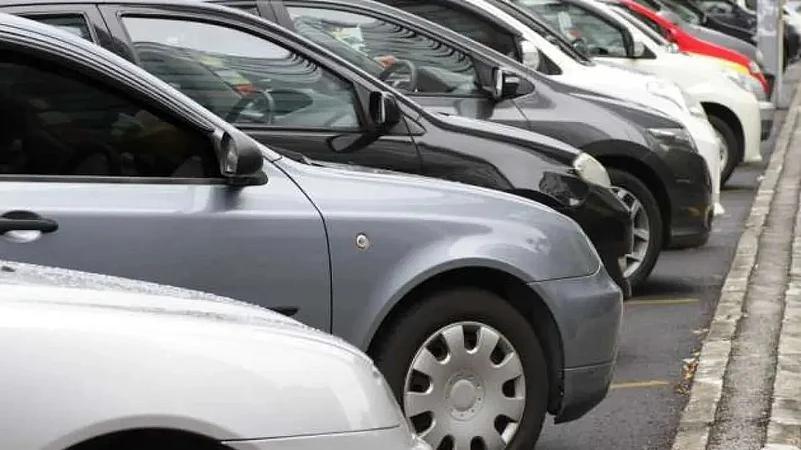The Maharashtra government has formed a seven-member committee to explore the possibility of banning petrol and diesel vehicles in the Mumbai Metropolitan Region. The committee aims to determine the feasibility of allowing only CNG and electric vehicles to check the city’s rising air pollution.
The panel, led by retired IAS officer Sudhir Kumar Shrivastava, will study and submit a report with its recommendations within three months, as per the government resolution (GR) dated January 22.
The other panelists include Maharashtra's transport commissioner, Mumbai's joint police commissioner (traffic), the managing director of the Mahanagar Gas Limited, project manager of the Maharashtra State Power Distribution Company Limited (Mahavitaran), the president of the Society of Indian Automobile Manufacturers (SIAM), and joint transport commissioner (enforcement-1) as member secretary. The panel may also include experts in the field as fellow members and get feedback from them.
The decision follows criticism from the Bombay High Court on January 9, where the court expressed serious concerns over the traffic congestion and increasing pollution in Mumbai and their negative impact on the quality of life, environment and overall sustainability.
The HC pointed out that vehicular emissions are a major source of air pollution, noting that the current measures to control the number of vehicles and pollution in Mumbai are proving inadequate.
Acting on the HC's observations, the state government has formed a committee of experts to study and submit a report on the feasibility of imposing a ban on petrol and diesel vehicles in MMR and allowing only CNG and electric vehicles.
The high court had also said that automobiles choking Mumbai’s roads were a major contributor to the city’s worsening air quality.
It emphasised the need for a thorough study to be conducted on whether it would be “appropriate or feasible to phase out diesel and petrol-driven vehicles”.
Vehicular Emissions are Major Source of Air Pollution
In 2021, the Maharashtra Pollution Control Board (MPCB) appointed a committee under retired additional transport commissioner Satish Sahasrabuddhe to frame policy measures for reducing road transport emissions in MMR.
The Sahasrabuddhe panel concluded that the number of vehicles increased rapidly in MMR at a compounded growth rate of 15.95% every year in the last decade. According to a recent TOI report, Mumbai showed a 2.6% rise in toxic PM2.5 levels since 2019.
"Vehicles are found to be the second highest contributor after road dust and the top contributor among the combustion sources. Transport particulate emissions are chemically reactive. The particulate size is below 0.5 μm, which is harmful to human health," the report stated.
Meanwhile, the India Meteorological Department reported a "poor" Air Quality Index (AQI) of 267 in Mumbai on January 29, according to Mint, highlighting the urgency of addressing the city’s rising pollution levels. As the city struggles with these pollution levels, the implications for current vehicle owners and the timeline for transitioning to greener transportation options remain key concerns.
(With inputs from PTI)






























